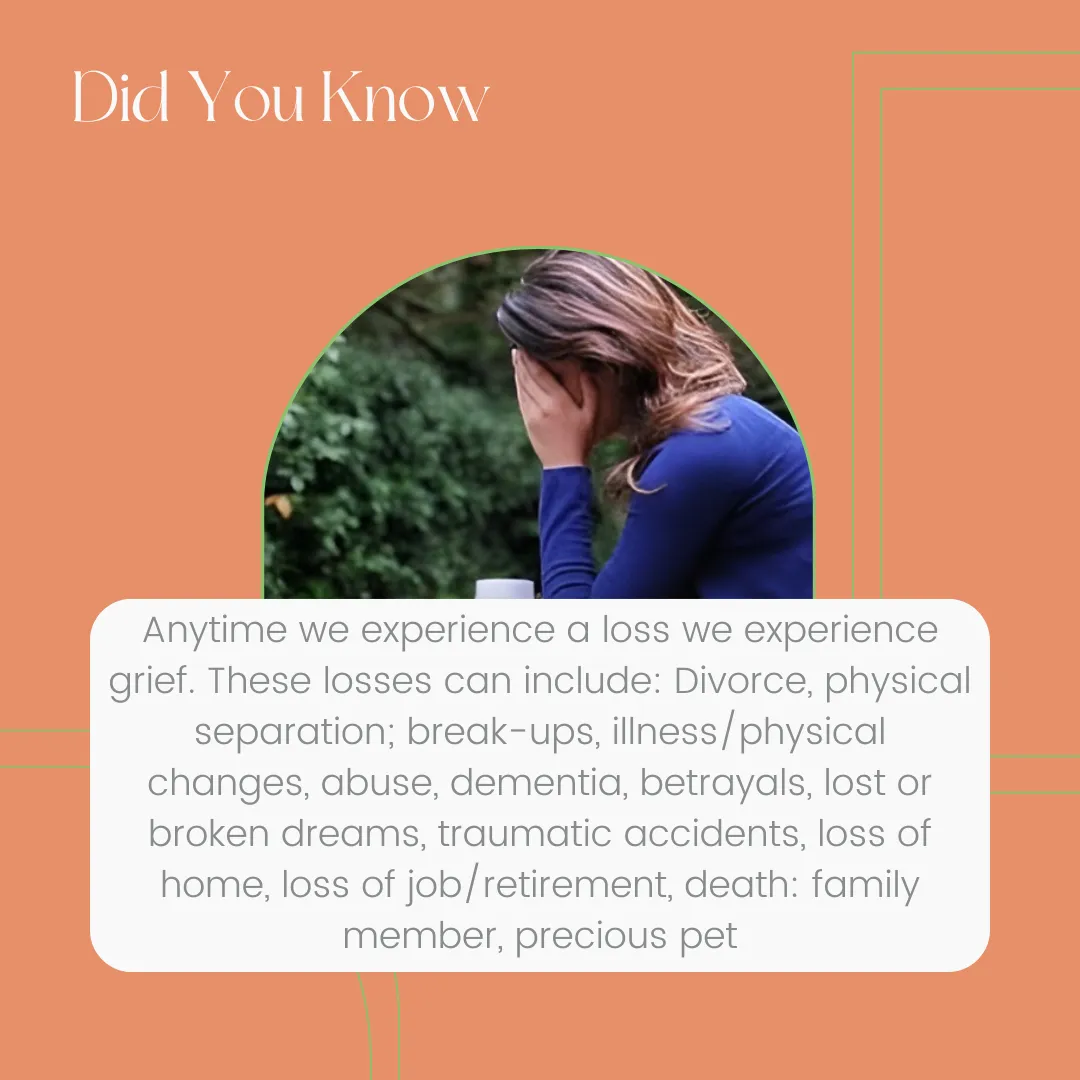Leadership Through Trauma and Loss
Trauma and loss affect employee morale. The mental health of your people matters and it’s not enough to just provide them with support – the support starts with you.
We have spent years taking emotion out of the workplace and it is time to bring it back. We need to recognize that employees have a life outside of work and we need to see them as this broader person. We each suffer from losses of all kinds and loss brings grief. The grief that is the most difficult to know how to acknowledge is death. Grieving people do not need to ‘toughen up’, ‘get closure’ or ‘I thought you’d be over this by now’.
I have heard it said that Americans think death is optional.
The Keibler-Ross ‘stages’ makes you link grief is linear and has an end.
Our social norms keep shortening grief support.

Key Takeaways:
Security: If you show empathy and support during times of trauma and loss, your employees will be more loyal and have better morale.
● Your team will learn that grief everyone differently and you must allow each griever to teach you what they need.
● Understand that an employee will not be working at full capacity during active mourning and accommodations should be
made.
● The first show of support is to go to the funeral.


Identity: If you allow for self-discovery and changes for the griever, then it allows them to mourn in a healthy manner. Remember that grieving is a very individual experience.
● Instead of generally asking ‘how are you?”
● How are you managing?
● How are you holding up?
● When asking a question, make sure you leave time to really listen.

Meaning: Remember, it’s okay to not be okay. During grief the brain is actually rewiring and it is through new-lived experiences that a person can learn to grow around grief. These new lived experiences will give the griever time to find their purpose.
■ Toxic positivity - we have a difficult time just being silent. It’s better to be silent than say something stupid and trite.
■ Say their name! Grievers need to talk about their loved ones. They want to know they are remembered. People think that if they bring up their name it will remind them that they are dead, well, they remember that every minute of the day. It is part of the mourning process to need to remember and talk about memories.

BOOK DEBBIE FOR YOUR GROUP


"Leadership isn't just about guiding through success, but about fostering a culture that supports people through their most difficult times. By prioritizing mental health and showing empathy during trauma and loss, leaders not only uplift their teams but also strengthen company morale and build lasting loyalty."
MEDIA INQUIRIES
Debbie Engebretsen Leadership has a dedicated media department. Members of the press are welcome to contact us regarding any requests at [email protected]
801-318-2749
